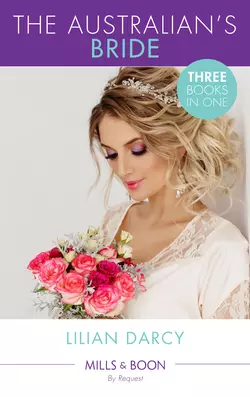The Australians′ Brides: The Runaway and the Cattleman

Lilian Darcy
Тип: электронная книга
Жанр: Современные любовные романы
Язык: на английском языке
Стоимость: 305.03 ₽
Статус: В продаже
Издательство: HarperCollins
Дата публикации: 16.04.2024
Отзывы: Пока нет Добавить отзыв
О книге: Wanted: Outback Wives Three gorgeous Australians need brides – they just don’t know it yet!The Runaway and the CattlemanJacinda had run to Sydney to lose a man, not find one. But there was a rare chemistry between the scriptwriter from LA and handsome cattle station owner Callan Woods. Could this unlikely combination of single parents build a future together?Princess in DisguiseBrant Smith had been called the hottest property in the Outback and was being hounded by unsuitable women. So when Misha, a European princess, arrived at Brant’s door, he wasn’t happy. She agreed to pretend to be his fiancée to discourage unwanted pursuers; after all, her heart was safe – a princess and a sheep rancher had nothing in common, surely?Outback BabyWealthy Australian rancher Dustin Tanner has learnt the hard way that urban career women and the Outback don’t mix. But he and journalist Shay Russell can’t keep their eyes or hands off each other… Yet actions have consequences… Sometimes nine months on.